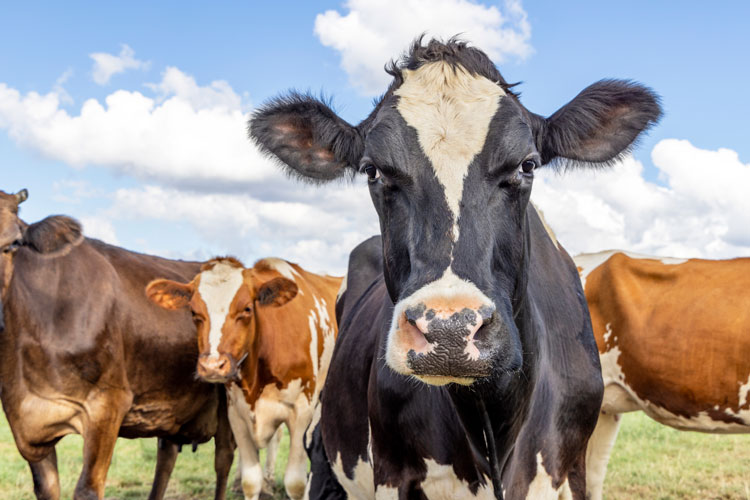
Leaders from almost 200 countries around the world are currently gathering in Dubai, United Arab Emirates, for the United Nations’ (UN) 28th Conference of the Parties (COP28) climate change conference. Over two weeks, they will examine global climate goals and commit to cutting emissions. This Sunday, December 10, will mark a first as the entire day will be dedicated to discussing agriculture and food’s environmental impact and opportunities.
The director-general of the UN’s Food and Agriculture Organization (FAO), China’s Qu Dongyu, urged attendees to make the event a “game-changer” for food systems. He highlighted that over 700 million people worldwide are living in hunger and 80% of the global rural poor population depends indirectly on agri-food systems for their livelihoods, according to FAO data. Innovations are needed to meet these needs, Dongyu stated.
At the same time, FAO numbers report that everything involved in the global food system — farming, land use, livestock, food use and waste, and energy used on farms and in retail — accounts for 31% of human-made greenhouse gas emissions. Yet many countries, including the U.S., do not include quantified goals for agriculture emissions in their national climate plans.
Already, 134 countries that produce 70% of the world’s food signed a declaration last Friday agreeing to accelerate action to scale innovation and financing for projects to combat climate change and bolster farmer resilience.
Commitment to report methane
Methane, the greenhouse gas most significantly produced by livestock, is among the top areas of focus for the event’s leaders. At COP26 two years ago, the Global Methane Pledge was launched to commit countries to reduce their methane emissions 30% compared to 2020 by 2030.
Because methane exists for a much shorter time than other greenhouse gases, cutting methane emissions can have a quicker effect on reducing global warming. Farmers in some parts of the world have tools like anaerobic digesters to capture methane. Developing feed efficient animals and improving digestion are options that farmers everywhere can lean into to reduce methane.
On Tuesday, six of the world’s largest dairy companies created the Dairy Methane Action Alliance and promised to begin reporting their methane emissions by the middle of next year. Danone, Bel Group, General Mills, Lactalis USA, Kraft Heinz, and Nestle, will also develop methane action plans by the end of next year, reported Reuters.
Food waste efforts
UN members also pledged to reduce food waste, a serious emitter of greenhouse gases, with a 2015 promise to cut waste in half by 2030. That should be another significant topic of discussion during the conference and Sunday’s agriculture focus. In the U.S. alone, it’s estimated that about one-third of food is wasted either at the farm level or by consumers. The breakdown of those products often occurs in landfills as consumers are unaware of or don’t have options to compost.
Just this week at COP28, the U.S. Department of Agriculture, Environmental Protection Agency, and Food and Drug Administration published a draft national strategy to reduce food loss in the U.S. It sets goals to prevent food loss, avoid food waste, raise the rate of organic waste recycling, and support programs that incentivize those targets. The strategy also includes actions each agency could take to achieve those efforts. It is open for review and public comment through January 4 at this page.
Because agriculturalists steward much of the world’s natural resources, it is important that food is a part of this global climate conversation. The answers to climate concerns must also balance food security. As FAO director-general Dongyu said, “Agri-food systems solutions are climate solutions! They are also solutions for biodiversity, poverty, and health.”








